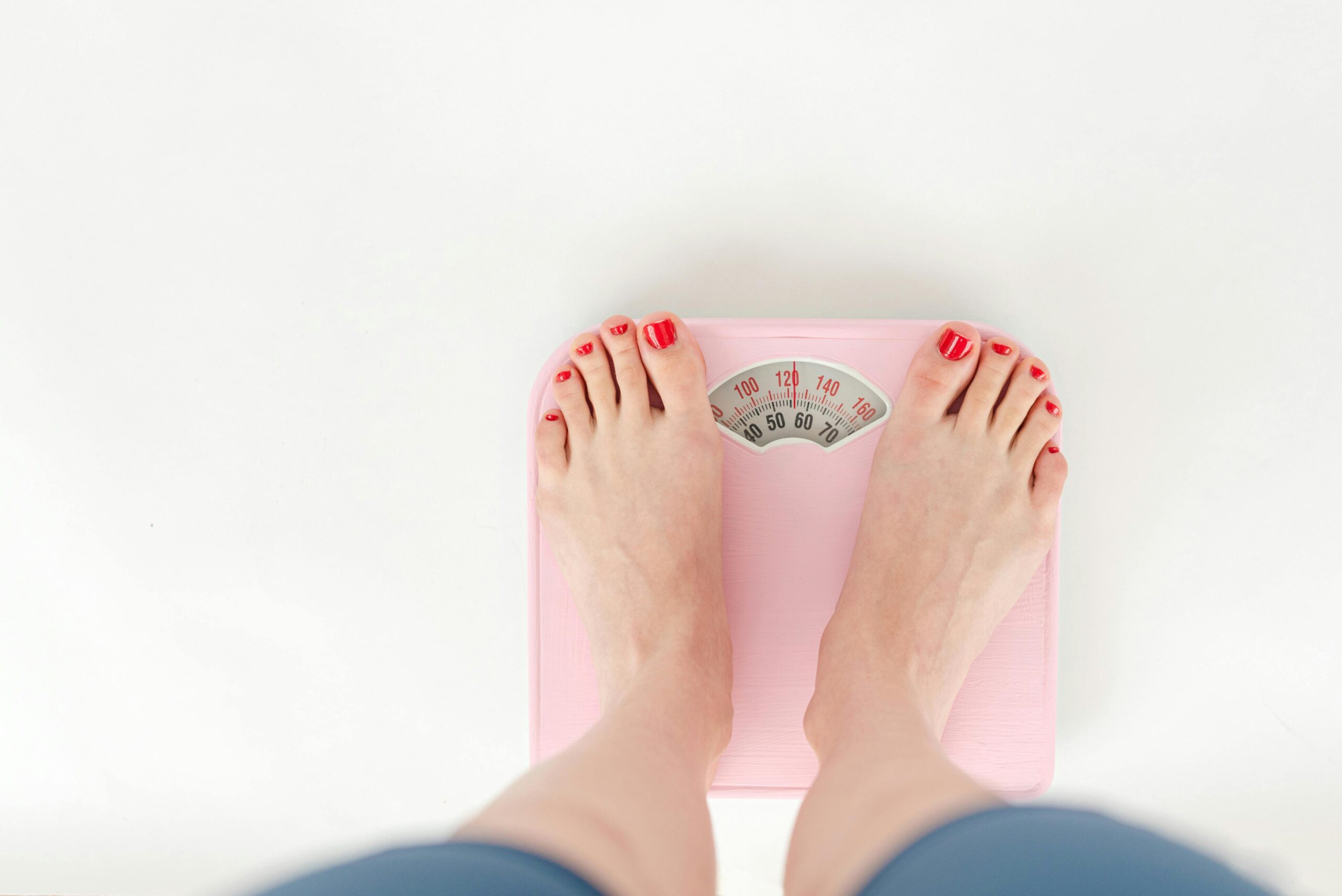1. Introduction
Adrenal gland removal, known medically as adrenalectomy, is a surgical intervention necessary in cases involving adrenal tumors, hormone overproduction, or malignancy. While this surgery often resolves serious medical issues, many patients face a new challenge post-surgery: managing their weight.
Addressing weight concerns after adrenalectomy is crucial, not just for aesthetic reasons but for overall health, hormonal balance, and recovery. This article offers a complete guide for individuals experiencing weight difficulties post-surgery, focusing on holistic weight loss strategies, hormone regulation, and realistic recovery expectations.
2. Understanding the Role of Adrenal Glands in Weight Regulation
The adrenal glands, located above each kidney, play a central role in metabolism and stress regulation through the secretion of vital hormones like cortisol and aldosterone. These hormones directly impact appetite, fat storage, blood pressure, and glucose metabolism.
An overproduction of cortisol, as seen in Cushing’s syndrome, often leads to significant weight gain, especially around the abdomen. Adrenalectomy is typically performed to remove hormone-producing tumors, but this intervention can result in dramatic shifts in hormone levels and metabolic processes.
3. What Happens to Your Body After Adrenal Gland Removal?
After adrenalectomy, the body undergoes several changes. If only one gland is removed, the other usually compensates. However, bilateral adrenalectomy or a poorly functioning remaining gland can lead to adrenal insufficiency, where cortisol production is inadequate.
Symptoms of adrenal insufficiency include fatigue, low blood pressure, salt cravings, and reduced energy levels. Additionally, patients may experience a slower metabolism and muscle loss during recovery. Cortisol replacement therapy is often necessary to stabilize hormone levels and restore normal body function.
4. Why Weight Loss Can Be Challenging After Adrenalectomy
- Hormonal Imbalance and Metabolism Shifts
After surgery, the abrupt change in hormone levels can disrupt metabolic processes. The body needs time to adapt to new hormonal baselines, which may slow down weight loss efforts.
- Fluid Retention and Bloating
Hormonal changes can lead to sodium retention and bloating, contributing to temporary weight gain. This can be particularly frustrating when efforts to eat clean and exercise don’t show immediate results.
- Muscle Loss and Decreased Energy
Post-operative fatigue and reduced activity often result in muscle atrophy, which lowers the basal metabolic rate. Muscle mass is vital for burning calories, and its loss can hinder weight reduction.
- Emotional and Psychological Effects
Many individuals experience stress, anxiety, or even depression after surgery. These emotions can trigger unhealthy eating habits and make it difficult to maintain a consistent weight loss regimen.
5. Effective Strategies for Weight Loss After Adrenal Gland Removal
Nutrition and Diet Tips
- Anti-inflammatory and Hormone-Balancing Foods
Eating a diet rich in vegetables, lean proteins, and healthy fats can aid hormone balance and reduce inflammation. Foods like leafy greens, fatty fish, nuts, and berries are especially helpful.
- Reducing Sugar, Processed Foods, and Sodium
Cutting down on sugar and processed snacks helps regulate blood sugar levels and supports stable energy. Sodium reduction can combat fluid retention and bloating.
- Managing Appetite with High-Protein, Fiber-Rich Meals
Protein and fiber promote satiety and reduce overeating. Incorporate beans, lentils, quinoa, lean meats, and fresh vegetables into daily meals for sustained energy and hunger control.
Exercise and Physical Activity
- Safe Post-Surgery Workouts
Begin with low-impact exercises such as walking, stretching, or light yoga. These help reintroduce movement without overwhelming the recovering body.
- Strength Training to Combat Muscle Loss
Resistance exercises help rebuild lost muscle mass, which is essential for a healthy metabolism. Gradual strength training with bodyweight or light weights can be beneficial.
- Gentle Cardio to Boost Metabolism
Activities like swimming, cycling, or brisk walking can enhance cardiovascular health and aid in fat burning, especially when energy levels improve.
6. Hormone Monitoring and Medical Support
Regular Endocrine Checkups
Frequent hormone level assessments ensure that any imbalances are promptly addressed. These checkups guide decisions about medication and lifestyle changes.
Adjusting Hormone Replacement Doses
Over- or under-dosing on hormone replacements can significantly affect weight. Personalized medication plans based on lab results can help optimize outcomes.
Working with a Dietitian or Endocrinologist
A collaborative approach involving healthcare professionals helps create a tailored post-surgery weight loss plan for adrenal patient needs.
7. Lifestyle Modifications
Improving Sleep and Stress Management
Adequate sleep supports metabolic function and hormone production. Stress reduction techniques such as meditation or journaling can prevent cortisol spikes.
Staying Consistent with Routines
Regular meal times, sleep patterns, and workout schedules help stabilize hormones and support steady weight loss.
Avoiding Extreme Diets or Quick Fixes
Drastic dietary restrictions can backfire, especially during recovery. A slow, steady approach focusing on healthy eating after adrenal gland surgery is more sustainable.
8. How Long Does It Take to Lose Weight After Adrenalectomy?
Weight loss varies by individual, depending on age, hormone levels, physical activity, and surgical outcomes. Most patients begin seeing progress between 3 to 6 months post-surgery.
Consistent adherence to healthy habits and regular medical follow-ups can accelerate progress. Setting realistic goals and practicing patience are essential.
9. When to Seek Medical Help
Signs of Adrenal Insufficiency
If symptoms like extreme fatigue, dizziness, or low blood pressure occur, consult a healthcare provider. These may indicate hormone deficiencies requiring urgent attention.
Unusual Weight Gain or Inability to Lose Weight
If weight continues to rise despite lifestyle changes, hormone levels may need reassessment.
Persistent Fatigue, Weakness, or Hormonal Imbalances
Ongoing tiredness or abnormal lab results should be discussed with a doctor. Prompt intervention helps prevent long-term complications.
10. Success Stories and Encouragement
Several patients have shared their journeys for Weight Loss After Adrenal Gland Removal. One individual implemented a structured workout routine and a balanced diet to lose 20 pounds in 6 months. Another focused on mental health and nutrition, successfully reducing abdominal fat.
These stories offer hope and underscore the importance of mindset. By applying tips for losing belly fat after adrenal gland surgery consistently, progress is not only possible but likely.
11. Additional Strategies for Success
Meal Planning and Prep
Planning meals ahead of time helps control portions and prevents impulsive, unhealthy eating.
Staying Hydrated
Drinking enough water helps curb appetite and supports metabolic functions.
Seeking Support
Joining online forums or support groups can provide motivation, advice, and encouragement throughout the recovery process.
Integrating Supplements (with Doctor Approval)
Some supplements like omega-3s or adaptogens may assist in hormone balance. Always consult a healthcare provider before starting any new supplement.
12. Conclusion
Weight Loss After Adrenal Gland Removal is challenging but achievable. By focusing on holistic strategies—including nutrition, exercise, medical monitoring, and emotional wellness—patients can achieve sustainable results.
Remember, healing takes time. Prioritize long-term health over quick fixes, and don’t hesitate to seek professional guidance. With commitment and care, you can reach your wellness goals.
13. Frequently Asked Questions (FAQs)
Is it harder to lose weight after adrenal gland removal?
Yes, due to hormonal changes, especially if cortisol levels are affected, it can be more challenging. However, weight loss is still possible with proper management.
How long does it take to lose weight after adrenalectomy?
It varies by individual, but most patients see changes within 3–6 months if following a healthy routine and receiving proper hormone management.
What foods help balance hormones after adrenal gland removal?
Foods rich in omega-3s, leafy greens, lean proteins, whole grains, and adaptogenic herbs (under medical supervision) may help.
Can you gain weight after adrenalectomy?
Yes, especially if the body is adjusting to hormone imbalances. Some patients experience temporary weight gain before stabilizing.
Is exercise safe after adrenal gland surgery?
Light to moderate exercise is generally safe after the recovery period. Always consult your doctor before starting any fitness program.
Do you need hormone replacement therapy after adrenalectomy?
If both glands are removed, lifelong hormone replacement is required. If only one is removed, the remaining gland usually compensates.
Can adrenal fatigue cause weight problems?
Though “adrenal fatigue” is not officially recognized, adrenal insufficiency and cortisol imbalance can cause weight and energy issues.





